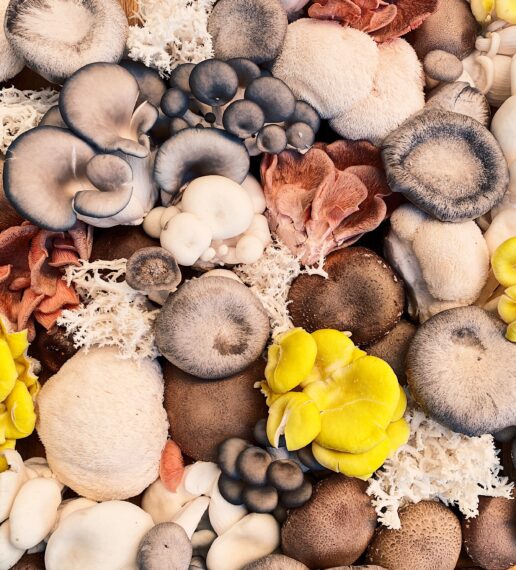9 Coffee Alternatives (With and Without Caffeine)
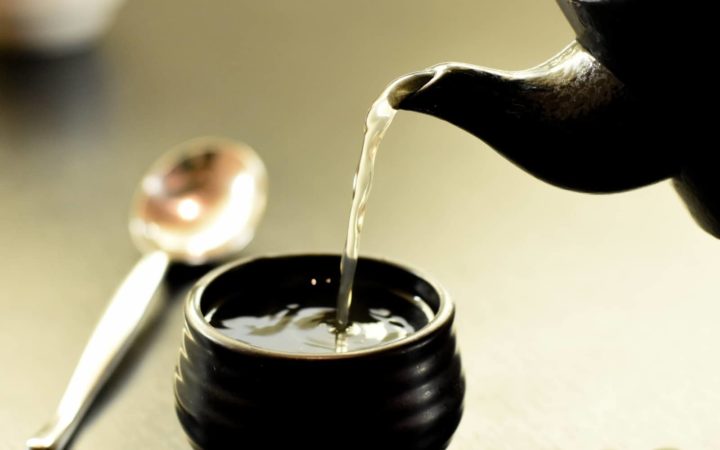
Contents
Want to lay off the caffeine and need a coffee alternative for your morning pick-me-up?
Maybe you just don’t like the taste of coffee?
Either way, sometimes we need a break from our standard brown brew.
A cup of coffee is great in moderation, but it’s easy to overdo it and spend the rest of the day in a ball of anxiety.
This list of coffee substitutes has something for everyone: caffeinated, caffeine-free, herbal, and more!
Not only do these offer a great energy boost, but they’re also packed with extra health benefits too!
9 Healthy Alternatives to Coffee
Swap out your regular coffee for an awesome coffee alternative!
1. Mushroom Coffee
We’re not talking about your average white button mushrooms here.
Functional mushrooms like Lion’s Mane, Turkey Tail, Chaga, and Cordyceps can give your average cup of Joe or espresso a hearty boost of antioxidants. (1)
Mushrooms are packed with a special substance called beta-glucans that may work to balance the immune system and stimulate nerve growth factor in your brain — among many, many other awesome health benefits.
Each mushroom has different effects. For example, Lion’s Mane may boost brain health while Cordyceps is used to support physical stamina.
For best results, combine them into an energy-boosting brew.
When (and if) you’re ready to kick the caffeine habit for good, you can get rid of the coffee completely and use carob or chocolate for a base flavor.
2. Chicory Root Coffee
Some will call it chicory root tea, but since chicory beans are ground and roasted like your typical cup of coffee, we can call it coffee.
Plus, the finished product tastes pretty dang close to coffee, and it’s totally caffeine-free, so it’s perfect for typical coffee drinkers.
One big benefit is that chicory root supplies inulin, which stimulates the production of good bacteria in your gut.
However, keep in mind that too much chicory can lead to some unwanted bloating, so limit your intake to a cup or two per day.
If you have digestive problems, dip your toes in the chicory waters first because too much inulin can trigger IBS symptoms to flare.
3. Matcha Tea
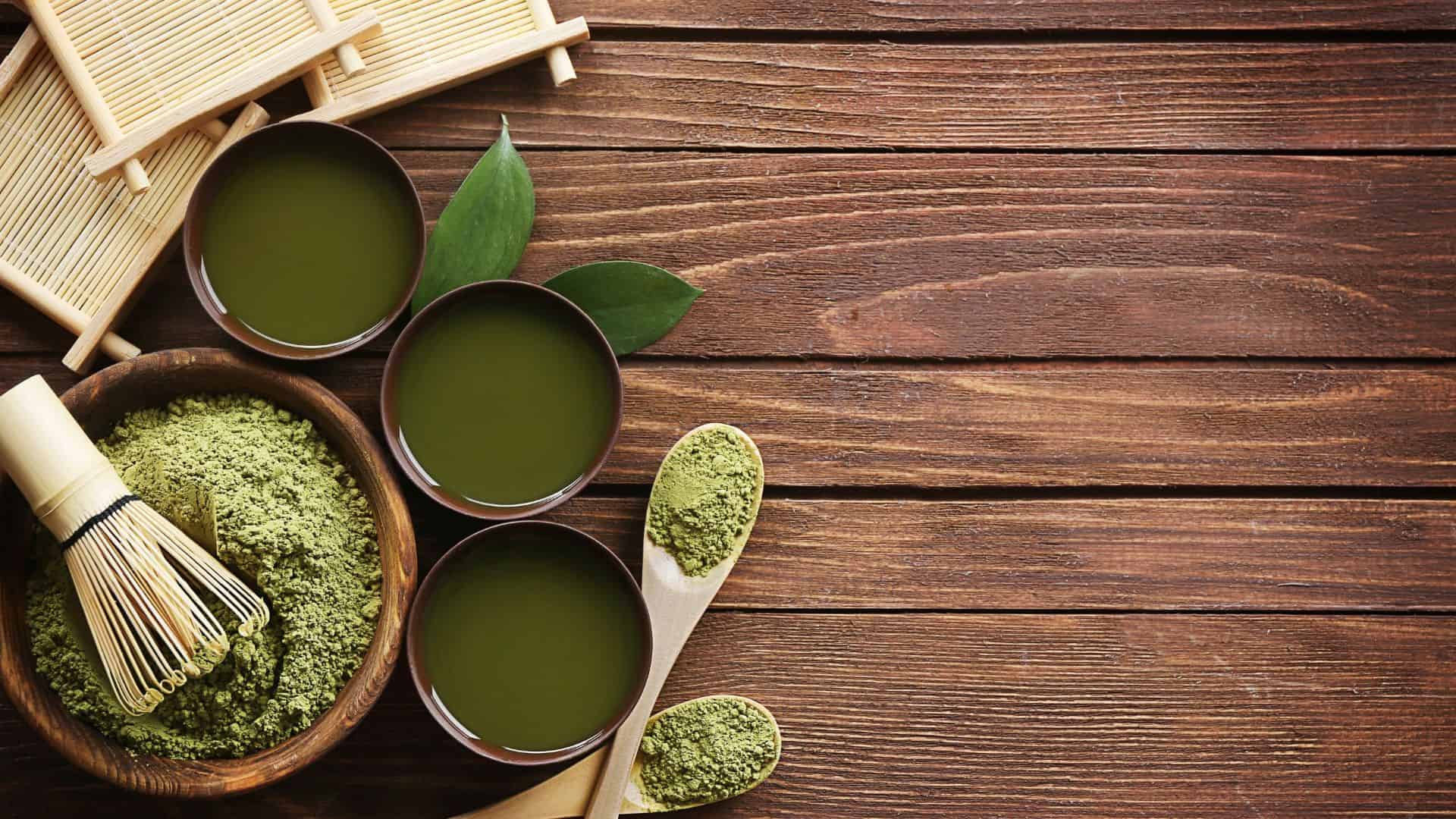
Matcha tea is a special type of green tea made from the whole leaf.
Compared to green tea, matcha tea leaves are ground into a powder and grown in special conditions to boost their amino acids and chlorophyll content. (2)
Since you’re drinking the whole leaf powder rather than drawing out the flavor with hot water, you consume much higher concentrations of antioxidants and EGCG.
Plus, matcha tea has a little less caffeine than a cup of coffee.
Matcha tea also has a much stronger flavor than green tea, so it’s perfect for adding to smoothies, hot water, steamed milk lattes, and much more!
4. Yerba Mate
Yerba mate is an herbal tea made from a plant that grows indigenously in some South American countries.
Luckily for caffeine lovers, yerba mate makes an excellent coffee alternative because it has nearly 80mg per cup.
Yerba mate is also loaded with antioxidants — possibly even more than green tea — which help offset jitters from the caffeine. (3)
To top it off, this potent coffee substitute also contains vitamins and minerals like B vitamins, iron, and some calcium. (4)
5. Golden Milk Latte
For an anti-inflammatory energy boost in the afternoon, brew yourself up a cup of golden milk.
Turmeric plays a starring role here with its active compound curcumin, which functions as an anti-inflammatory. (5)
Black pepper increases your body’s ability to absorb curcumin, so add a little pinch to your latte.
Make sure to brew with full-fat milk or coconut milk too because that also boosts absorption.
6. Kombucha
Kombucha is essentially fermented black tea.
The process of making kombucha at home is similar to jailhouse hooch but with different ingredients.
Even Whole Foods has trouble keeping their formula straight, so it’s always best to purchase kombucha from reputable commercial sellers.
Kombucha can support a healthy immune system and gut health, may reduce blood sugar and blood pressure, and supply a healthy dose of antioxidants. (6)
7. Chai Smoothie
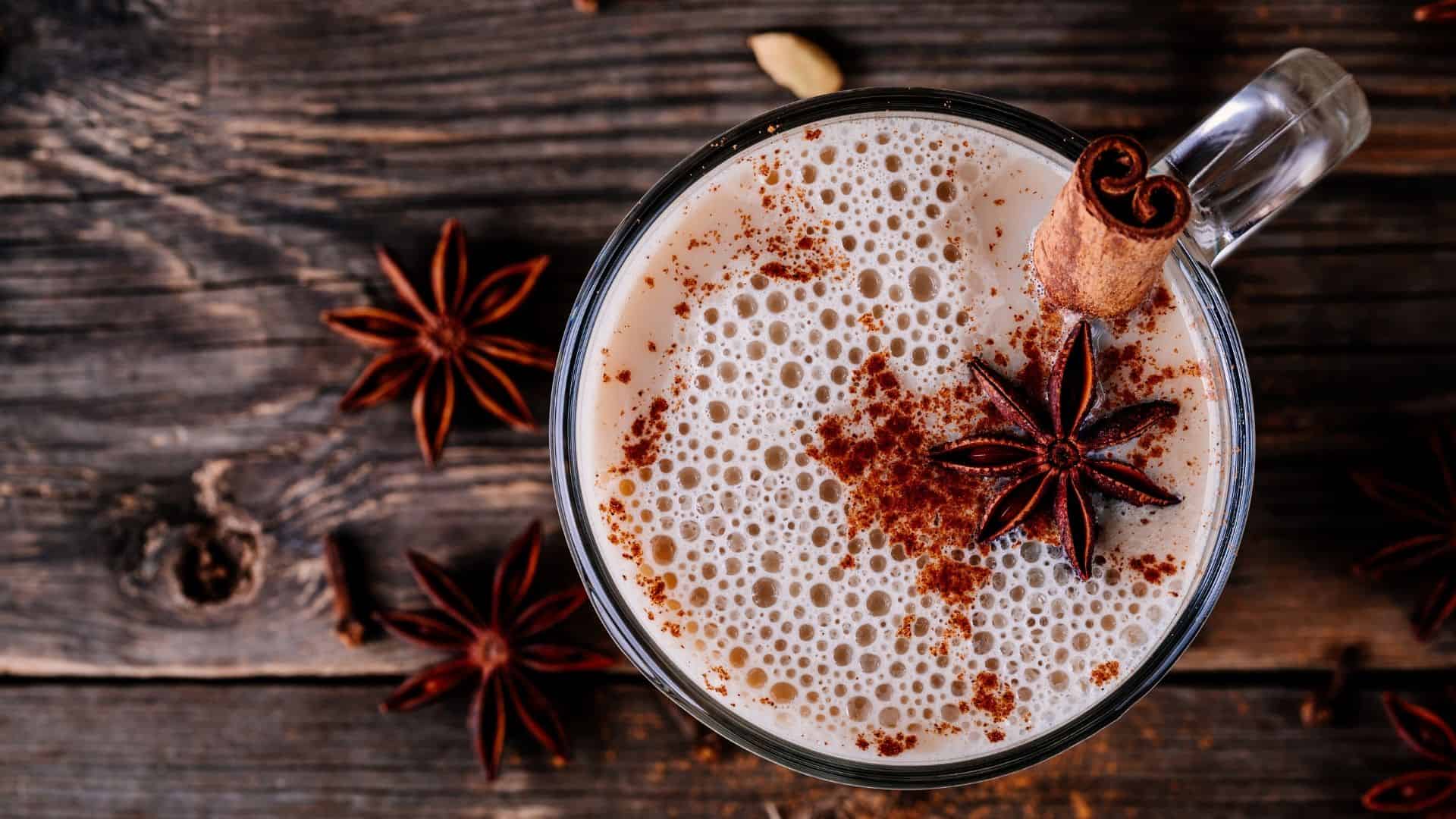
Chai isn’t just a great afternoon brew, it also makes tasty smoothies!
Chai really just means “tea” in Arabic and usually refers to plain black tea or green tea.
What we’re familiar with in the west is a black tea and spice blend (called Karak Chai) filled with potent spices like cardamom, black pepper, ginger, cinnamon, and clove.
If you want to go caffeine-free, ditch the black tea base and just add the essential chai spices to a blender with a frozen banana, coconut milk, and a spoonful of your favorite natural sweetener like stevia. Yum!
8. Chaga Tea
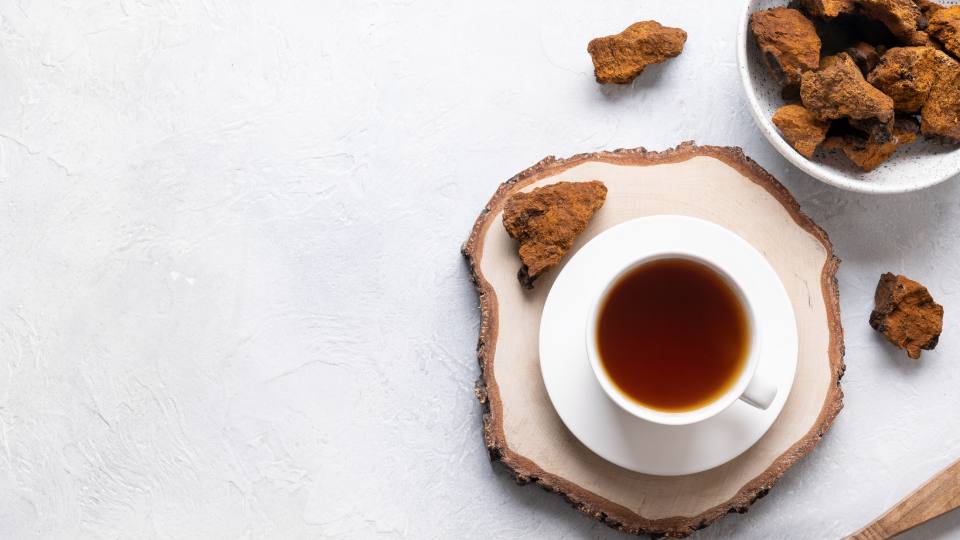
Chaga is a powerful medicinal mushroom that you’d be forgiven for mistaking for tree bark.
Due to its high melanin content, Chaga is typically deep brown or even black with a bright orange center.
In terms of health benefits, Chaga is loaded with antioxidants to support your immune system and digestive health.
Chaga requires a hot water extraction process to pull out all the awesome medicinal compounds, so it’s perfect as a coffee alternative!
9. Herbal Tea
Of course, you can always brew up a good old-fashioned cup of herbal tea as a caffeine-free coffee substitute.
Each type of herbal tea has its own health benefits. Pick a few and create your own special hot beverage concoction.
- Dandelion root for liver detox
- Rooibos for skin health
- Ginger for inflammation
- Peppermint for an energy boost
Find Your Coffee Alternative
Forget the boring lemon water!
If you’re trying to cut your caffeine intake, you have plenty of caffeine-free coffee alternatives to choose from here like mushroom coffee or Chaga tea. Or, swap out your afternoon or morning beverage with something like yerba mate for a balanced energy boost and limitless health benefits!
